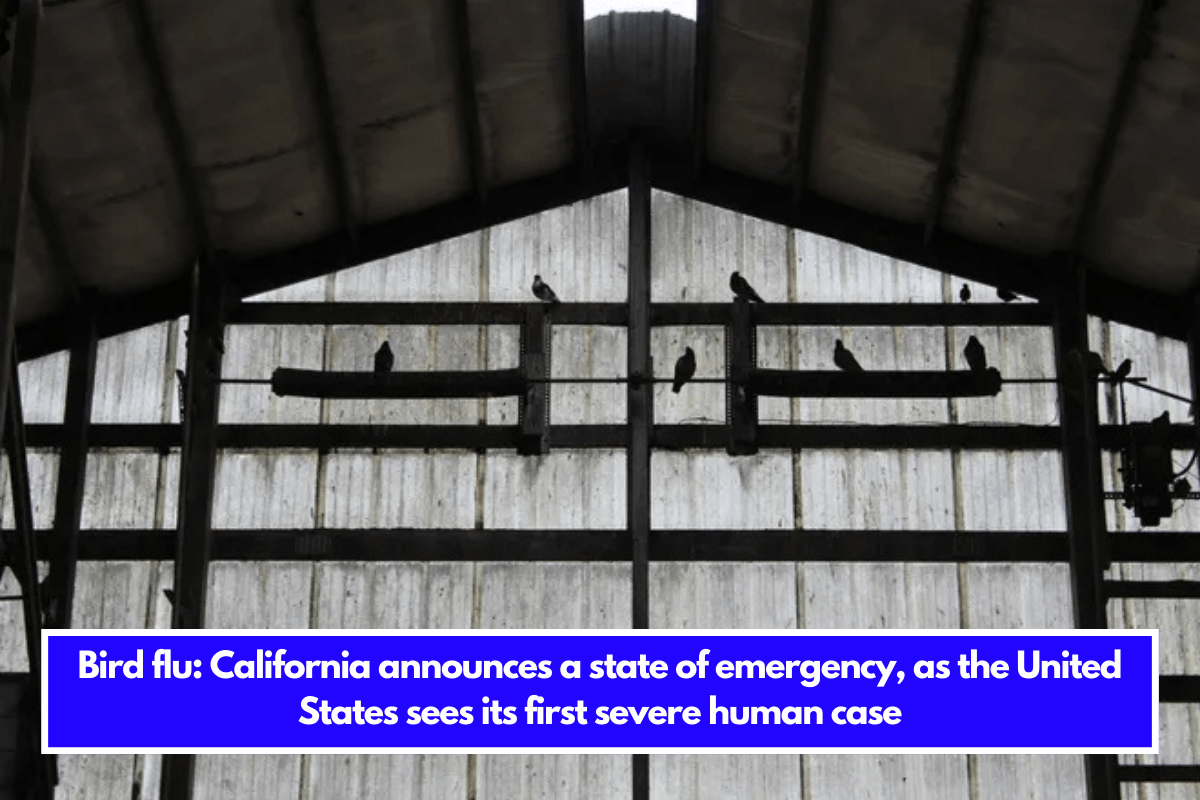Medicare is a critical component of healthcare for retirees in the United States. As open enrollment approaches, beneficiaries face an important decision: stick with Original Medicare or switch to a Medicare Advantage plan.
While Medicare Advantage plans often entice with low or zero premiums, they come with tradeoffs that may not suit every retiree. Here are three key reasons why many retirees choose to remain with Original Medicare.
1. Broader Provider Networks
One of the primary advantages of Original Medicare is its extensive provider network, covering nearly every hospital and clinic nationwide. This contrasts sharply with Medicare Advantage plans, which operate within restricted provider networks.
Why Networks Matter
- Continuity of Care: Retirees with longstanding relationships with specific doctors or specialists may lose access to them under Medicare Advantage.
- Rural Areas: For retirees in rural or less populated regions, provider options are already limited, and Medicare Advantage networks may exacerbate the challenge.
- Emergency Situations: Restricted networks can be problematic when quick access to care is necessary outside the designated network.
Choosing Original Medicare means retaining the freedom to see almost any doctor or specialist without worrying about network restrictions. This flexibility can be invaluable, especially given the unpredictability of healthcare needs.
2. Authorization Requirements
Medicare Advantage plans frequently require prior authorization for treatments, procedures, and diagnostic tests. This means beneficiaries must obtain approval from their insurer before receiving certain medical services, which can delay care.
Why It’s a Problem
- Delays in Critical Care: In emergencies or cases requiring urgent treatment, waiting for authorization can negatively impact health outcomes.
- Added Bureaucracy: Prior authorizations introduce administrative hurdles, making the healthcare process more complicated.
Original Medicare rarely imposes prior authorization requirements. This simplicity allows for faster access to care, providing retirees peace of mind in critical situations.
3. Unexpected Costs
Although Medicare Advantage plans often tout low or zero premiums, they can carry hidden costs that catch retirees off guard.
Common Extra Costs
- Higher Copayments and Coinsurance: Out-of-pocket expenses can quickly add up for frequent doctor visits or specialized care.
- Out-of-Network Services: Services rendered outside the network may involve costs ranging from 30% to 100% of the total bill.
By comparison, Original Medicare offers a more predictable cost structure, making it easier for retirees to plan their medical budgets. With supplemental plans like Medigap, beneficiaries can further limit out-of-pocket costs, adding to the financial stability Original Medicare provides.
Informed Decision
The choice between Original Medicare and Medicare Advantage depends on individual health needs, financial circumstances, and personal priorities.
When to Consider Medicare Advantage
- Good Health: Beneficiaries with minimal medical needs and tight budgets may benefit from the lower upfront costs of Medicare Advantage.
- Localized Care: Those living in areas with comprehensive Medicare Advantage networks may find the coverage sufficient for their needs.
When to Stick with Original Medicare
- Complex Medical Needs: Retirees requiring frequent care, specialized treatments, or access to specific doctors may value the flexibility of Original Medicare.
- Avoiding Surprises: For those seeking predictable costs and fewer restrictions, Original Medicare is often the safer choice.
Growth of Medicare Advantage
Medicare Advantage plans have gained popularity, partly due to government efforts to reduce overall Medicare expenses. Approximately 24% of retirees with employer-sponsored health coverage have switched to Medicare Advantage, highlighting its growing role in the healthcare system.
However, as insurers aim to maximize profits, retirees must remain vigilant. Restrictions and costs could rise, potentially diminishing the appeal of Medicare Advantage for certain groups.
Choosing between Medicare and Medicare Advantage is a critical decision that can significantly impact healthcare access, financial stability, and quality of life in retirement. Retirees should evaluate their healthcare needs, preferences, and financial circumstances carefully. Addressing the tradeoffs between these two systems ensures that beneficiaries select the plan best suited to their unique situation, helping them enjoy peace of mind and better health outcomes in their retirement years.
FAQs
Why choose Original Medicare over Medicare Advantage?
Original Medicare offers broader networks, fewer restrictions, and predictable costs.
What is the main drawback of Medicare Advantage?
Restricted provider networks and prior authorization requirements.
Does Original Medicare cover more doctors?
Yes, it covers nearly every doctor and hospital nationwide.
Are Medicare Advantage plans cheaper?
They may have lower premiums but often carry higher out-of-pocket costs.
What is prior authorization in Medicare Advantage?
Approval required before certain treatments or tests, potentially causing delays.



















